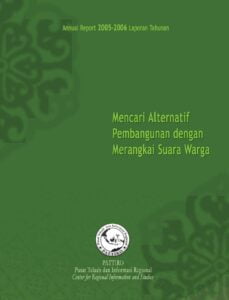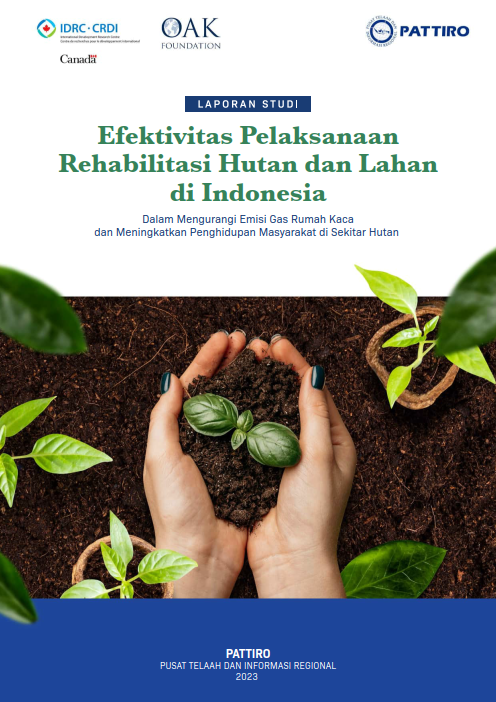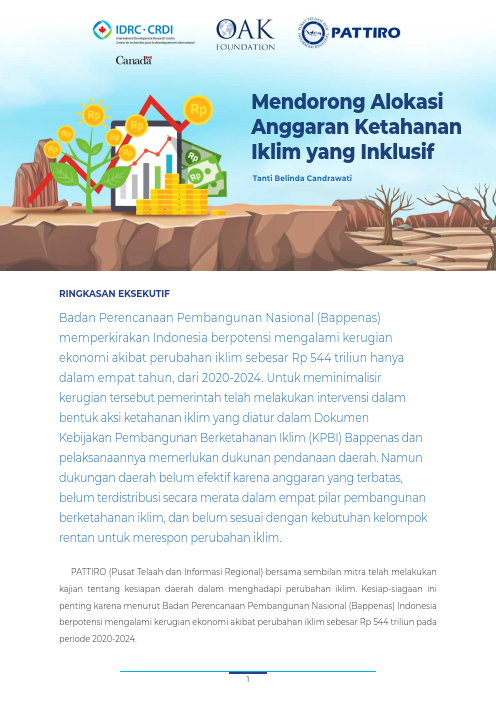
The success of the direct elections, especially the presidential and vice-presidential elections in 2004, brought hope for change. This great hope cannot be separated from the assumption that direct elections are the real form, even the only one, of democracy. A natural thing considering that people still think that the leader is everything; change the leader then everything will be OK.
However, experience during 2005 showed that this assumption was just a myth. Change of leadership is not always followed by an improvement in the situation. From an economic standpoint, it appears that even democratically elected leaders are unable to cope with the worsening conditions. The public saw that their leaders had failed to prevent the increase in fuel prices in October 2005 which resulted in an increase in the cost of living. The decisions and policies taken by the new government have proved to be of no consequence, at least that is what happened at the grassroots level.
More or less the same thing also happened at the regional level. The election of direct regional heads or direct Pilkada is not necessarily followed by the emergence of a government that is sensitive and responsive to the aspirations of the people except in a few places, such as Jembrana Regency, and this is still very rare. Apart from several incidents of physical violence that occurred here and there, accusations of fraud that had to be brought to court, the direct Pilkada did proceed relatively smoothly. However, most of the new government leaders in the regions have not yet implemented the new government system. Often what happens is a change of leadership without a change in the system.




